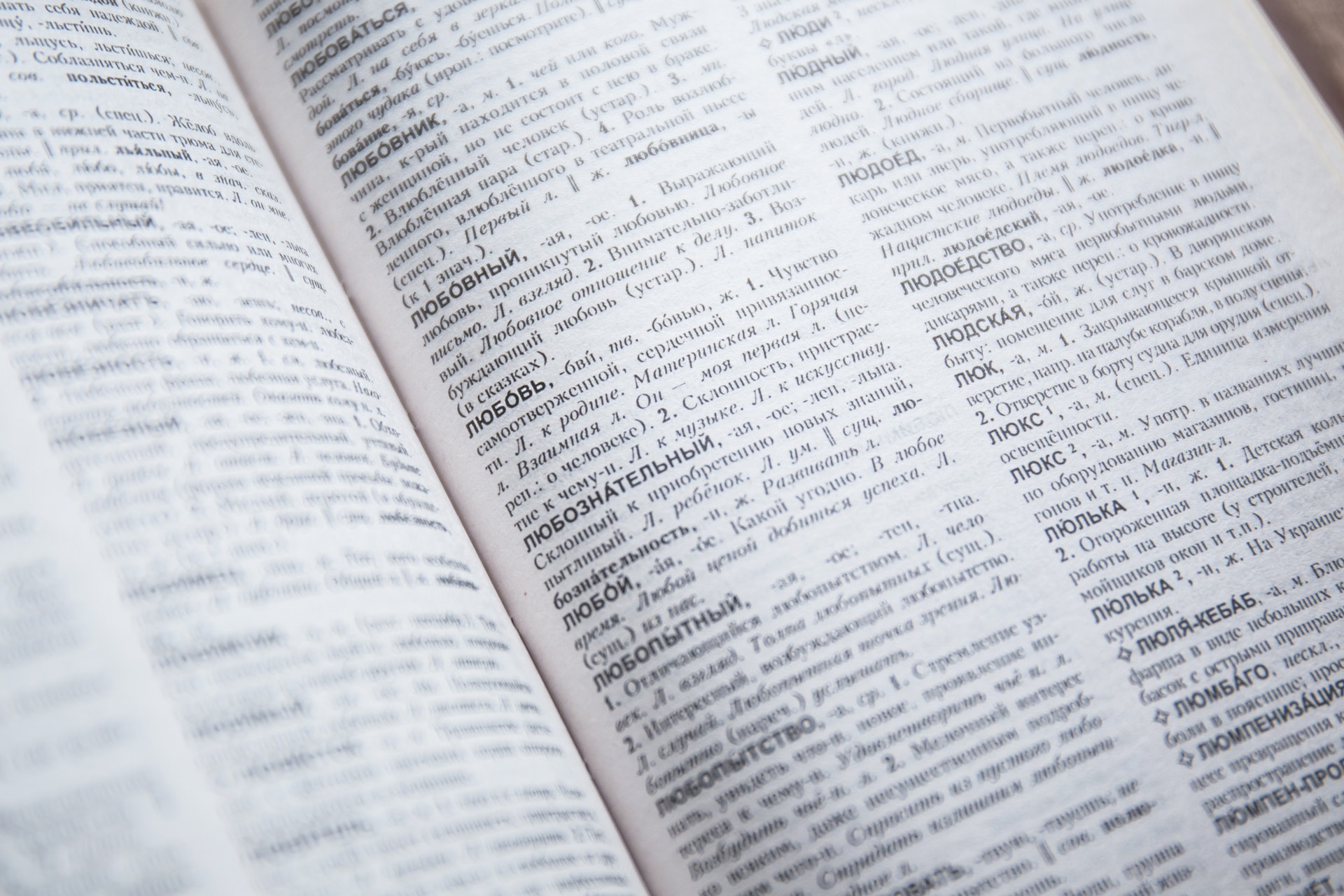Do you think Japanese patents are difficult to use?
I visited Chinese IT companies early this month. A person in charge of licensing said Japanese patents are difficult to use, as well as Korean patents. Because the specification, claims and other documents for Japanese patents are written in Japanese language, he is not sure if he understands the patent correctly.
Another person from a different company explained how they handle the inventions created in their Japan office. They prepare patent documents in English to file a PCT application. So, they can review the English documents directly, not the translations. This would be not special to this company. For companies which prioritize the utilization of their patents in English-speaking counties, e.g. in the US, its natural to do so.
Anyway, both comments above suggest that Japanese patents, at least patents written in Japanese, are considered to be inconvenient or of lower value.
Companies reducing the number of patent applications in Japan
As mentioned in the previous 「日本の知的財産訴訟制度の見直しに関する議論の最新情報」, not only Japanese companies, but also foreign companies have reduced the number of patent applications in Japan.
Related article: “JPO commissioner mentions the review of damage calculation method”
The possible reasons I was thinking are:
- Japan’s shrinking economy due to rapid aging and very low birth rate
- Lower damages awarded by a court
- Translation cost
However, maybe we should add the language issue to the list above.
Expected improvement of foreign language patent application system
If so, why not consider improving the current ‘foreign language patent application system’? The current system allows an applicant to file a patent application with patent documents written in English or other foreign languages. However, eventually, the applicant is required to submit the Japanese translation for such documents within a predetermined period of time. Then, the Japan Patent Office (JPO) examiners examine patentability of the application based on the documents translated into Japanese, and grant a patent in which the patent scope is defined in Japanese.
So, why not stop requesting the submission of Japanese translation, examine a patent application based on the English documents, and grant a patent whose scope is defined in English. It would be OK, even if JPO requests extra fee. Because applicants can save the Japanese translation cost. Also, most of the users of patent system are corporate and business persons.
Further internationalization of the Japanese patent system being put into place
As for court system, in March 2019, it was 伝えられました。 that the Japanese government will consider establishing an international division within the Intellectual Property High Court where the proceedings will be conducted in English. In Korea, it was already implemented in 2018. So, Japan is trying to catch up with Korea.
Related article “Japan considers allowing patent litigation in English”
Also, Japan established the International Arbitration Center in Tokyo (IACT) (URL) last September.
Related article “Japan releases SEP licensing negotiation guide and reveals plan for establishing International Arbitration Center in Tokyo”
Given these developments, it is a good chance to consider further internationalization of the Japanese patent system.
I surely understand that this is very challenging. There is a question of how many Japanese people can handle this. However, the prosecution work is mostly executed in writing, and machine translation quality is significantly improving. So, I think it’s worth considering foreign language patent system. What do you think?
お読みいただきありがとうございました。この記事を気に入ってくださった方は、お友達にメールで送ったり、ソーシャルメディアでシェアしたりして、この記事が広まるようにしてくださると嬉しいです。ありがとうございます。




